
The concept of minimalism has taken the interior design world by storm, offering a serene and uncluttered lifestyle. A minimalist living room is not only aesthetically pleasing but also promotes a sense of calm and order. One of the key elements that can enhance a minimalist living room is the use of natural light. In this article, we will explore how to effectively incorporate natural light into your minimalist living room, creating a bright and inviting space.
Understanding Minimalism in Interior Design
Minimalism in interior design is characterized by simplicity, clean lines, and a monochromatic palette with color used as an accent. It focuses on the principle of ‘less is more,’ where every piece of furniture and decor serves a purpose. This approach not only creates a visually appealing space but also reduces clutter and promotes mental clarity.
The Importance of Natural Light
Natural light is a crucial element in any home, especially in a minimalist living room. It enhances the feeling of space, improves mood, and reduces the need for artificial lighting. Natural light can make a room feel larger and more open, which is particularly beneficial in smaller spaces.
Maximizing Natural Light in Your Living Room
To maximize natural light in your minimalist living room, consider the following tips:
- Choose Light Colors: Use light tones for walls, ceilings, and floors to reflect more light and make the room feel airy.
- Opt for Sheer Curtains: Instead of heavy drapes, use sheer curtains or blinds that allow light to filter through while maintaining privacy.
- Strategic Furniture Placement: Arrange furniture to avoid blocking windows and allow light to flow freely into the room.
- Incorporate Mirrors: Place mirrors opposite windows to reflect light and create an illusion of depth.
- Use Glass and Lucite: Incorporate furniture and decor items made from glass or lucite to allow light to pass through and reduce visual clutter.
The Role of Windows and Skylights
Windows and skylights are fundamental in bringing natural light into a living room. Consider installing large windows or floor-to-ceiling glass doors to maximize light entry. Skylights can be a great addition, especially in rooms with limited wall space for windows. They can provide a source of overhead light that brightens the entire room.
Creating a Balance with Artificial Lighting
While natural light is essential, artificial lighting also plays a significant role in a minimalist living room. Choose lighting fixtures that complement the minimalist aesthetic, such as sleek LED lights, pendant lights, or recessed lighting. These can provide necessary illumination during the evening or on cloudy days without disrupting the minimalist vibe.
Enhancing the Aesthetic with Greenery
Adding a touch of greenery can enhance the minimalist appeal of your living room. Plants not only purify the air but also add a pop of color and life to the space. Opt for low-maintenance plants that thrive in natural light, such as succulents or snake plants.
Conclusion
Creating a minimalist living room with natural light involves a careful balance of design elements that promote simplicity and functionality. By maximizing natural light, choosing the right materials, and incorporating thoughtful design elements, you can create a space that is both aesthetically pleasing and conducive to relaxation and productivity. Embrace the beauty of simplicity and let natural light transform your living room into a serene retreat.
A minimalist living room promotes a sense of calm and order. Natural light is crucial in enhancing the feeling of space in a minimalist living room. Light colors, sheer curtains, and mirrors can help maximize natural light. Windows and skylights are fundamental in bringing natural light into a living room. Artificial lighting should complement the minimalist aesthetic. 
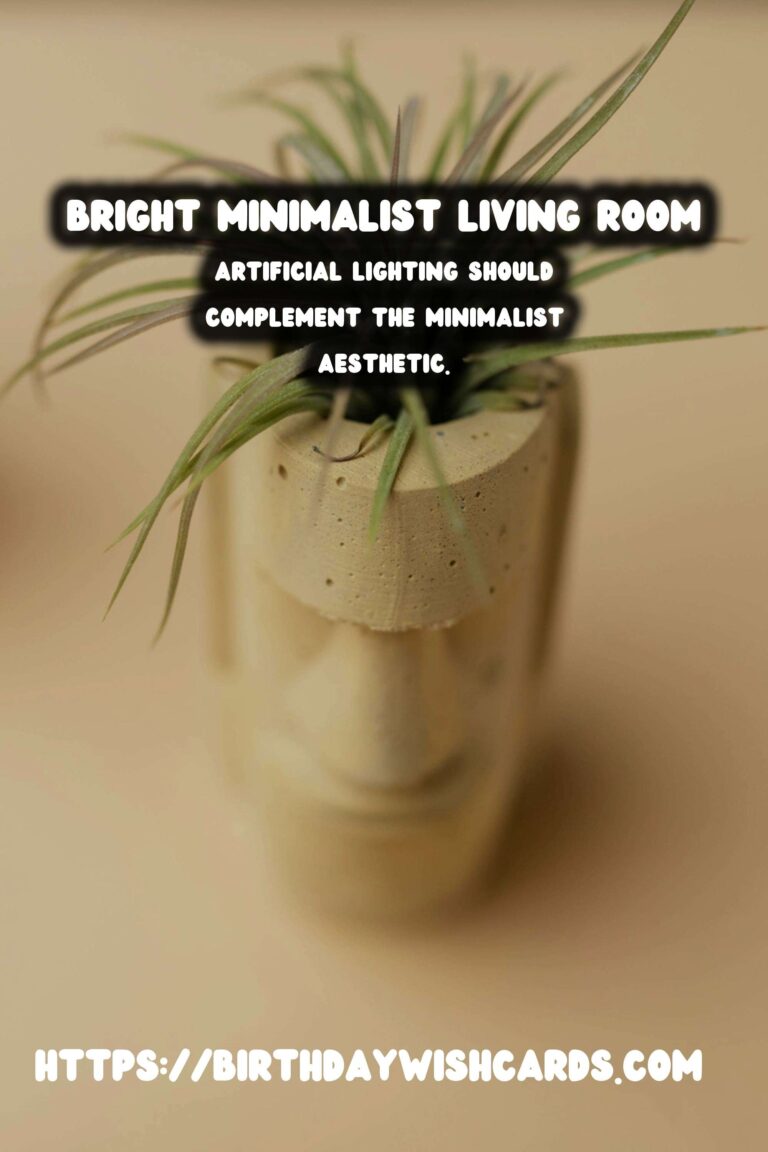
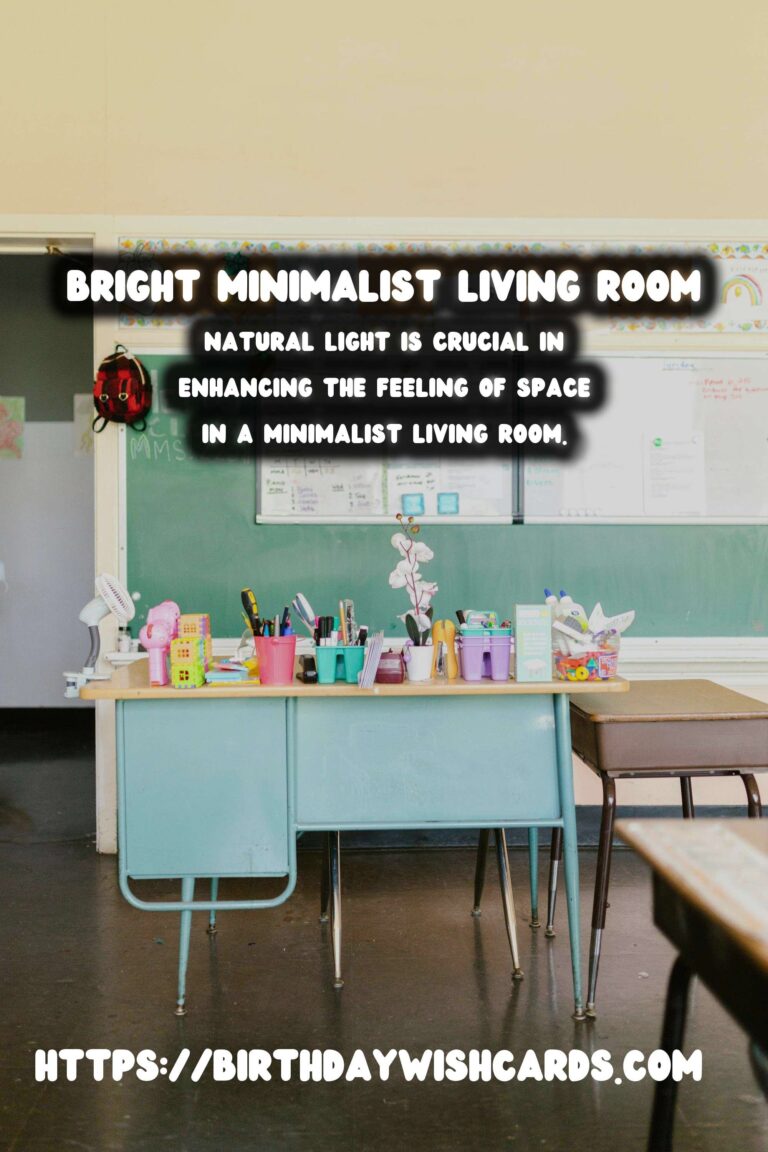

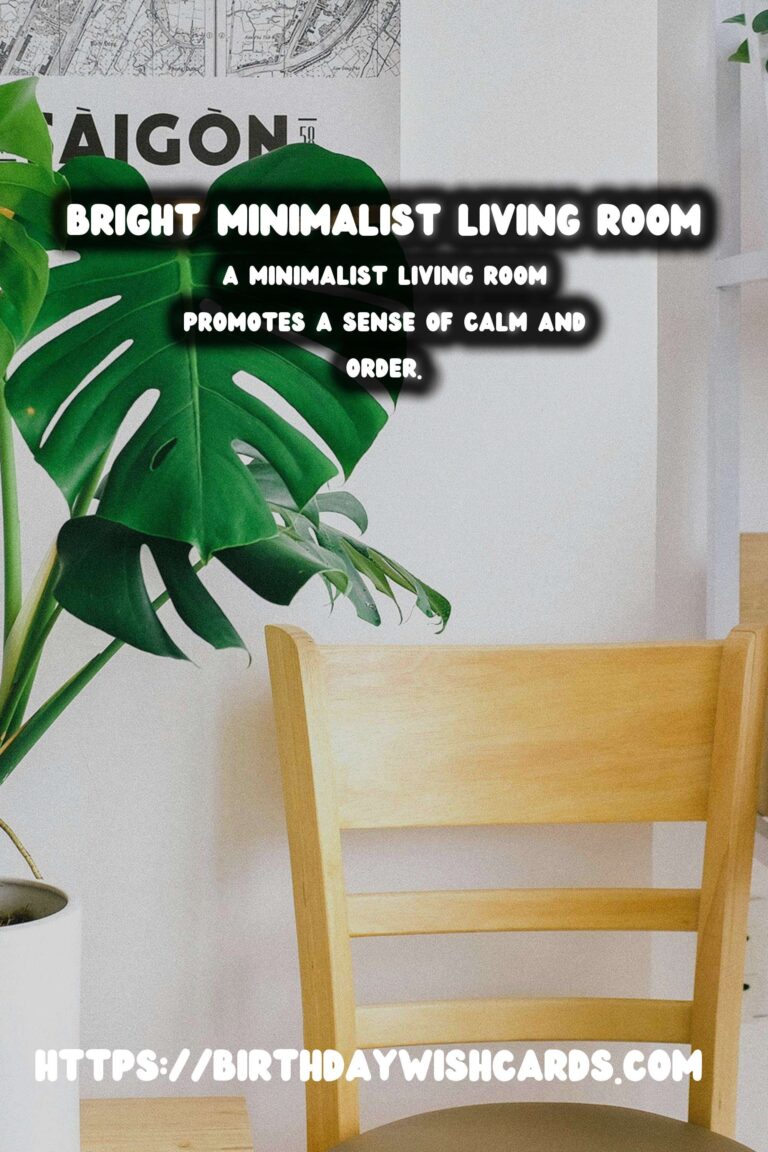
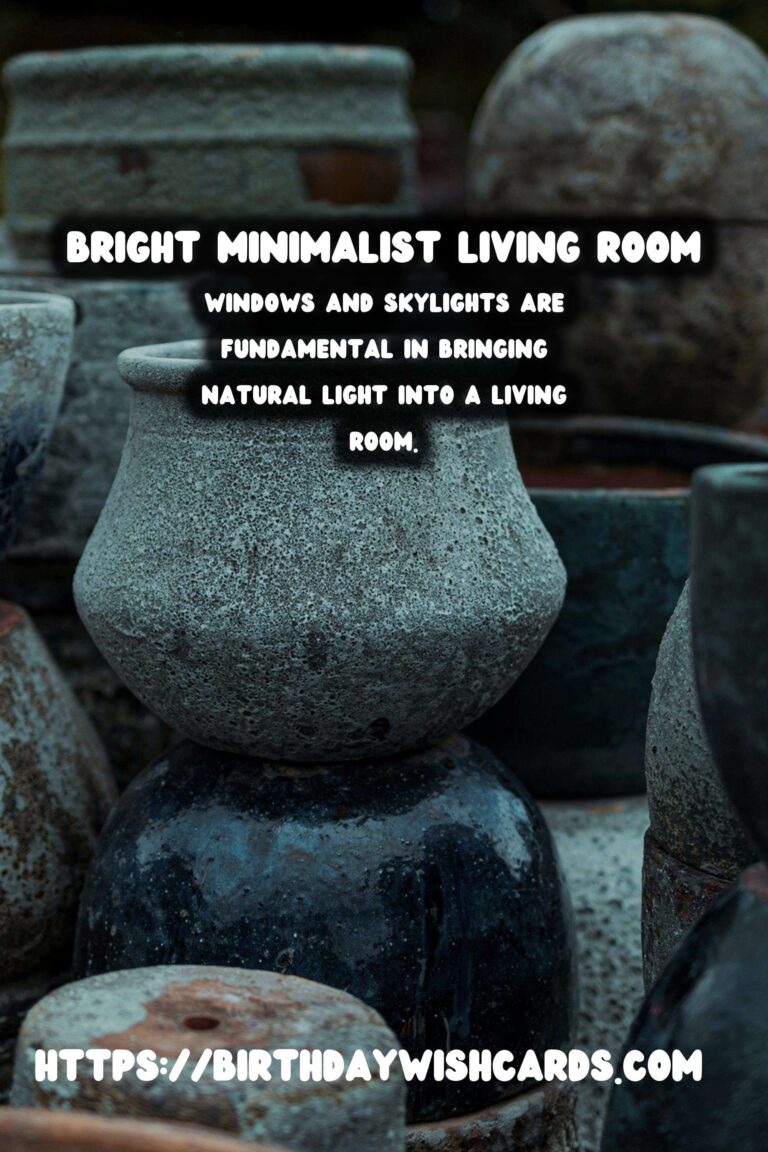

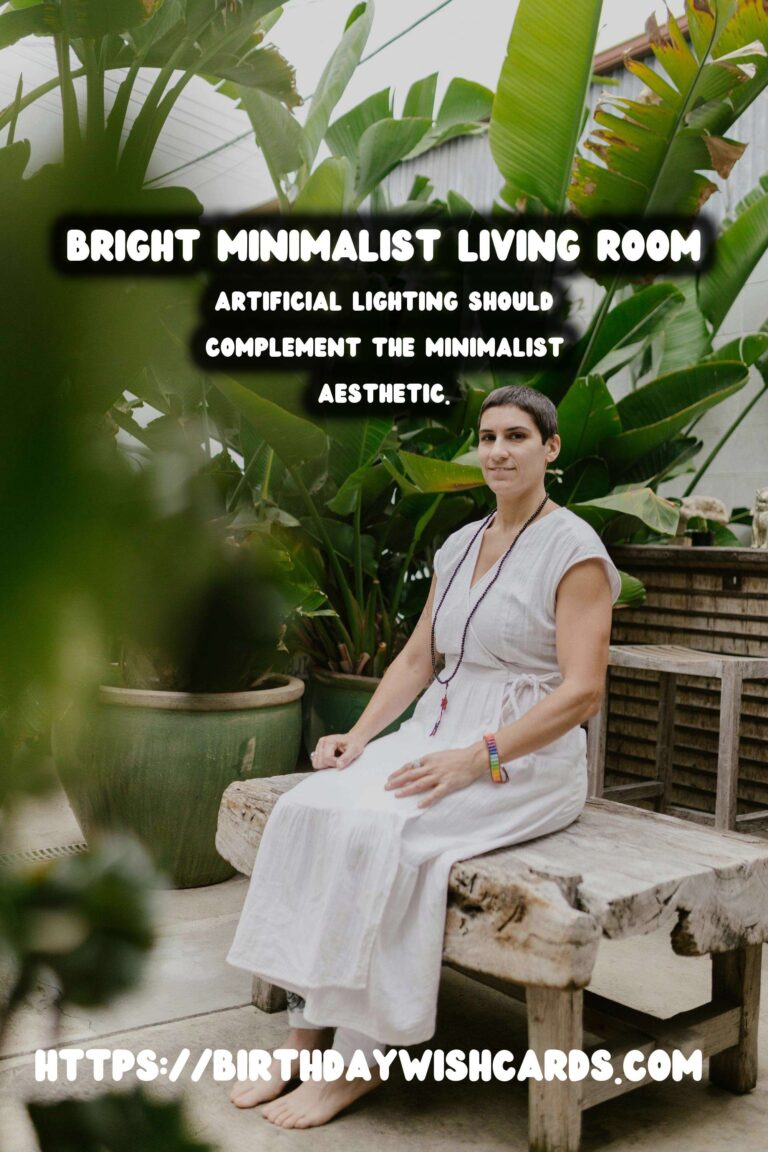
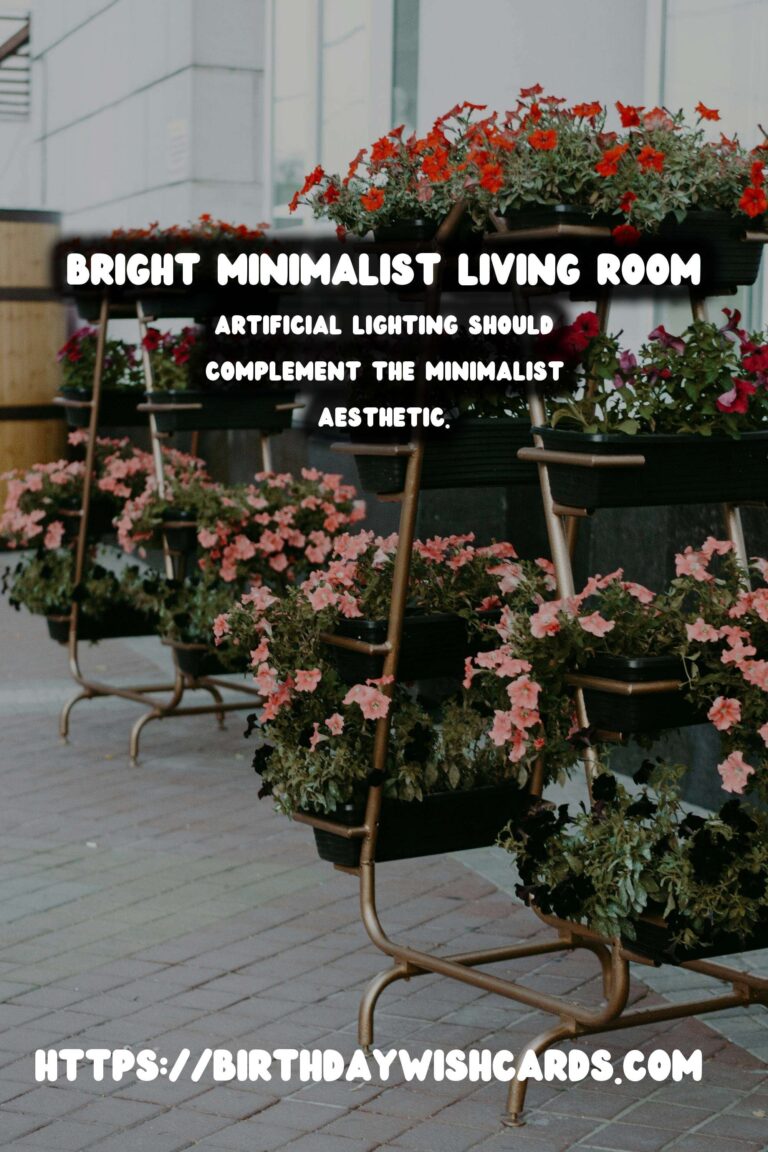

#Minimalism #InteriorDesign #NaturalLight #LivingRoom #HomeDecor




